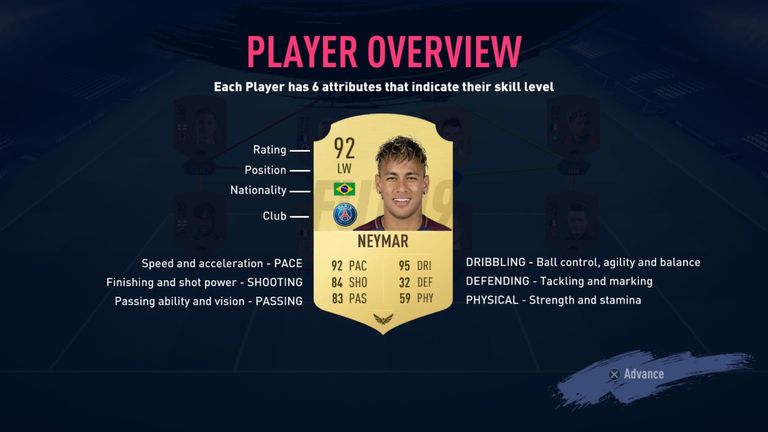By Tom Acres, technology reporter
Loot boxes that have seen players wrack up huge bills in popular games like FIFA should be recognised as a form of gambling and banned from being sold to children, according to a damning new report.
Following a lengthy inquiry into "addictive technologies" that included evidence from the studio behind online multiplayer phenomenon Fortnite, the digital, culture, media and sport committee (DCMS) has said that more measures are needed to protect vulnerable people.
The abundance of loot boxes in many games played by young people is top of the agenda, with calls for them to be regulated by the government under the Gambling Act and banned from being sold to children.
What are loot boxes?
Loot boxes are a stash of mystery in-game items, tempting players with the chance that any of the crates and packs they buy could contain something of huge value.
Advertisement
In the case of football game FIFA they are trading card-style packets that can be bought with either real money or a digital currency earned by playing.

When did they become a problem?
More from Science & Tech
Star Wars: Battlefront II – an online shooter timed to the release of Star Wars: The Last Jedi in December 2017 – is seen as a watershed moment for loot boxes.
Before it hit store shelves, fans found out that the only way they could unlock new weapons and abilities was to buy loot boxes – not knowing exactly what they would end up with.
This was condemned as "pay to win" and led to publisher EA turning off the ability to spend money in-game. Not long after, loot boxes were completely banned in the Netherlands and Belgium.
Belgian justice minister Koen Geens said last year: "It is often children who come into contact with such systems and we cannot allow that."

In the DCMS report, chairman Damian Lewis MP said: "Loot boxes are particularly lucrative for games companies but come at a high cost, particularly for problem gamblers, while exposing children to potential harm.
"Buying a loot box is playing a game of chance and it is high time the gambling laws caught up. We challenge the government to explain why loot boxes should be exempt from the Gambling Act.
"Gaming contributes to a global industry that generates billions in revenue.
"It is unacceptable that some companies with millions of users and children among them should be so ill-equipped to talk to us about the potential harm of their products."

The DCMS report says loot boxes "were found to be integral to major games companies' revenues", and said there was further evidence that they "facilitated profits from problem gamblers".
The committee heard evidence that the trading card-style loot box mechanics in FIFA, which is popular with youngsters, had resulted in one gamer spending upwards of £1,000 a year.
The report recommends that loot boxes that contain the element of chance not to be sold to children – and instead be earned through in-game credits.
But the Gambling Commission has so far been reluctant to classify loot boxes as a form of gambling as they do not offer cash prizes – so a change in the law would be needed.
If the UK government takes up the advice to recognise loot boxes as gambling, the DCMS says games sold in the UK should also be labelled to make customers – notably parents – aware.
Console makers Sony, Microsoft and Nintendo recently pledged to force game publishers to disclose the likelihood of particular items being discovered in loot boxes, but right now video game packRead More – Source





